I just read a study about the consumption of sugar and sugar's surprising effect on our body's immune system, which upset me very much.
Empower Your Health Journey – Explore My Free Apps for a Vibrant, Healthier Lifestyle Today!
Study Research
The study conducted by Loma Linda University aimed to investigate the effect of sugar consumption on the immune system. It specifically looked at the impact of a single serving of a soft drink containing 7 teaspoons (30g) of sugar on phagocytosis, which is the process by which white blood cells, known as phagocytes, engulf and destroy invading microorganisms and other harmful substances.
The results showed that after consuming the soft drink, there was a 35% decrease in the phagocytosis capacity of the phagocytes after just 5 minutes. This suggests that consuming high amounts of sugar can have a rapid and significant impact on the immune system, impairing its ability to defend the body against infection.
Sugar's Surprising Effect on Your Body's Immune Response
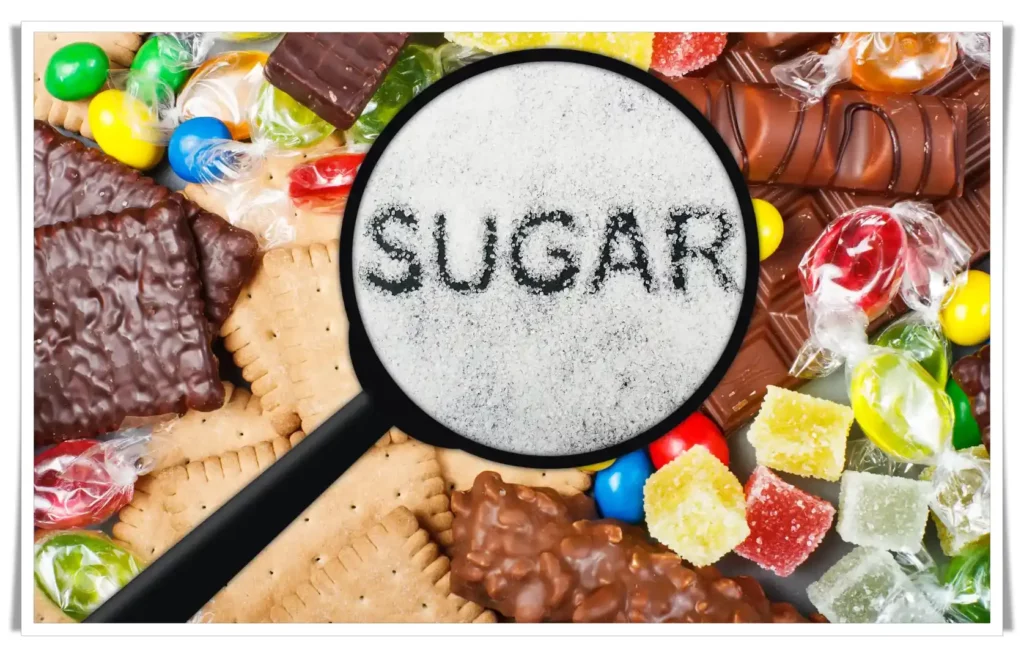
Sugar's Surprising Effect
The impact of sugar consumption on the immune system is not permanent, but it can last for a few hours after consumption. Consuming large amounts of sugar can temporarily suppress the immune system by reducing the activity of white blood cells, which are responsible for fighting off infections. This suppression can last for several hours, during which time the body is less able to defend against invading pathogens.
What Foods and Drinks Are High in Sugar Content?
Many foods and drinks contain high amounts of added sugar, which can be harmful to health when consumed in excess. Here is a list of some common high-sugar foods and drinks:
- Soft drinks and fruit juices
- Candy and sweets
- Baked goods, such as cakes, cookies, and pastries
- Ice cream and frozen yogurt
- Breakfast cereals and bars
- Energy drinks and sports drinks
- Syrups and jams
- Sweetened yogurt and flavored milk
- Sweetened tea and coffee drinks
- Processed snacks, such as granola bars, crackers, and chips
Which of Them Is the Most Dangerous for the Body?
All foods and drinks that are high in added sugar can be harmful to health if consumed in excess, but some are considered to be more dangerous than others. The following are some of the most dangerous high-sugar foods and drinks:
Sugar's Surprising Effect on Your Body's Immune Response

Sugar's Surprising Effect
Soft Drinks
Soft drinks are one of the largest sources of added sugar in the diet and are associated with a number of health problems, including obesity, type 2 diabetes, and cardiovascular disease. Soft drinks typically contain a considerable amount of sugar. The amount of sugar in a given soft drink depends on the type and size of the beverage, as well as the recipe and flavorings used.
For example, a 12-ounce can of regular Coca-Cola contains 39 grams of sugar, which is about 9.75 teaspoons. In comparison, a 12-ounce can of Diet Coke contains 0 grams of sugar. Other popular soft drinks such as Mountain Dew and Sprite contain between 35 and 38 grams of sugar per 12 ounces. It is important to be aware of the amount of sugar present in soft drinks, as consuming too much-added sugar can increase your risk of developing health problems such as obesity, diabetes, and heart disease.
Energy Drinks
Energy drinks are high in sugar and caffeine and have been linked to serious health problems, including heart palpitations, high blood pressure, and increased risk of addiction and dependence. Energy drinks typically contain a significant amount of sugar, ranging from 6-10 teaspoons per 8-ounce serving. This is approximately 25-40 grams of sugar per serving, which is more than double the American Heart Association’s recommended daily limit of 6 teaspoons (25 grams) for women and 9 teaspoons (36 grams) for men.
Sugar's Surprising Effect on Your Body's Immune Response

Sugar's Surprising Effect
The exact amount of sugar in an energy drink will depend on the brand and type of energy drink being consumed. It is important to read the nutrition label carefully before consuming any energy drink to ensure that you are aware of how much sugar it contains. Additionally, some energy drinks may contain additional sweeteners such as high fructose corn syrup or artificial sweeteners, so be sure to check the ingredients list as well.
Fruit juices
Many fruit juices contain high levels of added sugar and provide little to no fiber, making them less nutritious than whole fruits. Excessive consumption of fruit juices can contribute to weight gain and increased risk of type 2 diabetes. The amount of sugar in fruit juices varies depending on the type of juice, as well as the specific brand and variety. Generally speaking, most fruit juices contain naturally occurring sugars from the fruit itself.
Sugar's Surprising Effect on Your Body's Immune Response
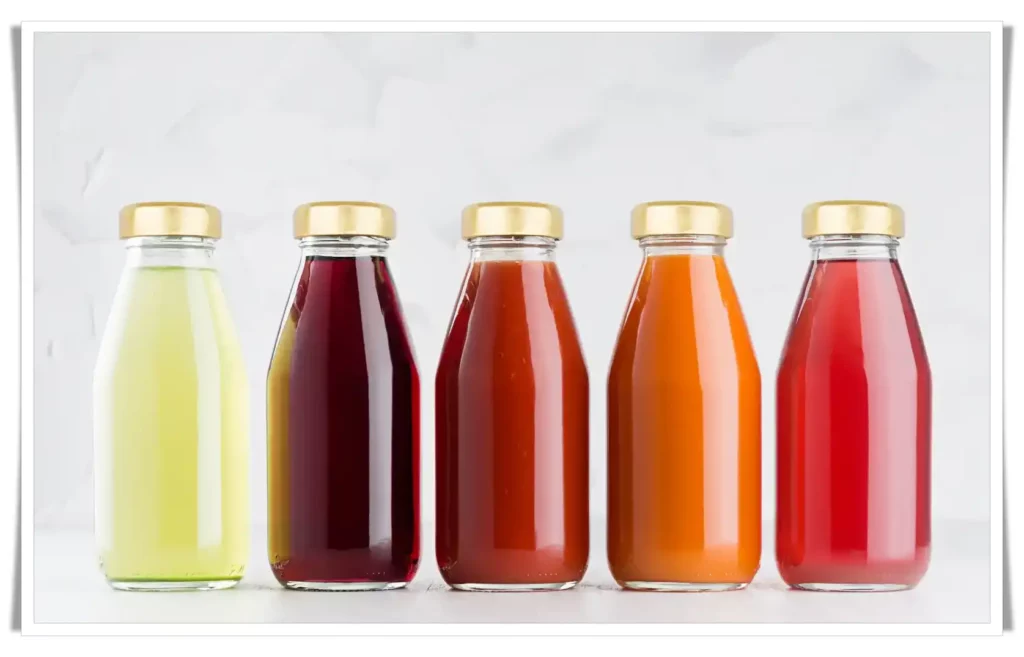
Sugar's Surprising Effect
For example, orange juice contains around 11 grams of sugar per 100 milliliters, while apple juice contains around 8.5 grams per 100 milliliters. However, many brands and varieties of fruit juices may also contain added sugars to enhance flavor or sweetness. It is important to check the labels of any fruit juices you purchase to determine the exact amount of sugar they contain and make sure to limit your intake accordingly.
Baked goods
Baked goods, such as cakes, cookies, and pastries, are often high in added sugar and low in nutrients, making them a problematic source of empty calories. The amount of sugar contained in baked goods can vary greatly, depending on the type and quantity of ingredients used. Generally speaking, cakes, cookies, muffins, and other sweet treats tend to contain significant amounts of sugar.
A typical chocolate chip cookie may contain up to 8-10 grams of sugar per serving. Similarly, a slice of cake or a single muffin can have upwards of 20-30 grams of sugar. On the other hand, bread and savory pastries such as pies and quiches are typically much lower in sugar content due to the lack of added sweeteners. All in all, it is important to pay attention to the ingredients list when purchasing or baking any type of baked good in order to better understand how much sugar is present.
Sugar's Surprising Effect on Your Body's Immune Response

Sugar's Surprising Effect
Download our free eBooks!
How to Replace Sugar from our Dietary?
Here are some alternatives to sugar that you can consider incorporating into your diet:
- Natural sweeteners such as honey, maple syrup, and agave nectar.
- Artificial sweeteners such as stevia, monk fruit extract, and erythritol.
- Fruit, particularly ripe bananas or dates, can be blended into smoothies or added to baked goods.
- Spices such as cinnamon, nutmeg, and cloves, can enhance the natural sweetness in foods.
- Sugar alcohols, such as xylitol and maltitol, have a lower calorie count and a lower glycemic impact than sugar.
Sugar's Surprising Effect on Your Body's Immune Response

Sugar's Surprising Effect
Remember to use these alternatives in moderation, as some natural and artificial sweeteners still contain calories and may affect blood sugar levels. Additionally, consider gradually reducing the amount of sugar in your diet to give your taste buds time to adjust.
How to Quit Added Sugar from Our Diet?
Quitting added sugar can be a challenge, but here are some tips to help you:
- Gradually reduce your sugar intake: Rather than eliminating sugar all at once, try reducing the amount of sugar in your diet gradually over a few weeks.
- Read food labels: Be aware of the sugar content in the foods you eat, especially processed and packaged foods, and look for alternative options.
- Choose whole, unprocessed foods: Opt for whole foods such as fruits, vegetables, whole grains, and lean proteins, which are less likely to contain added sugars.
- Drink water instead of sugary drinks: Swap sugary drinks like soda and juice with water, unsweetened tea, or coffee.
- Find healthy alternatives: Experiment with alternative sweeteners like stevia or monk fruit, or try using spices like cinnamon or vanilla to add flavor to your food.
- Prepare your own meals: When you cook and bake at home, you have more control over the ingredients you use, including the amount of sugar.
- Stay mindful and avoid cravings: Try to identify the triggers that lead to sugar cravings, and find healthy alternatives to address them.
- Be patient and persistent: Changing your eating habits takes time, so be patient and persistent with yourself. It's okay to slip up occasionally, but don't let it discourage you from reaching your goal.
Sugar's Surprising Effect on Your Body's Immune Response

Sugar's Surprising Effect
Gradually reduce your sugar intake
- Start with your drinks: Cut back on sugary drinks such as soda, sports drinks, and fruit juice, and switch to water, unsweetened tea, or coffee.
- Reduce sugar in recipes: When baking or cooking, reduce the amount of sugar called for by a quarter to a half. Over time, you can continue to decrease the amount used.
- Choose unsweetened or low-sugar versions of products: For example, switch from sweetened yogurt to plain yogurt and add fresh fruit for sweetness instead.
- Eat more whole foods: Fill up on whole foods like fruits, vegetables, whole grains, and lean proteins, which are less likely to contain added sugars.
- Satisfy sweet cravings with fruit: When you have a sweet craving, reach for fresh fruit or dried fruit instead of candy or sweets.
- Avoid processed foods: Processed foods like cookies, cakes, and candy are often high in added sugars.
- Watch out for hidden sugars: Look for hidden sugars in condiments like ketchup, barbecue sauce, and salad dressings, and opt for low-sugar or sugar-free versions.
Sugar's Surprising Effect on Your Body's Immune Response
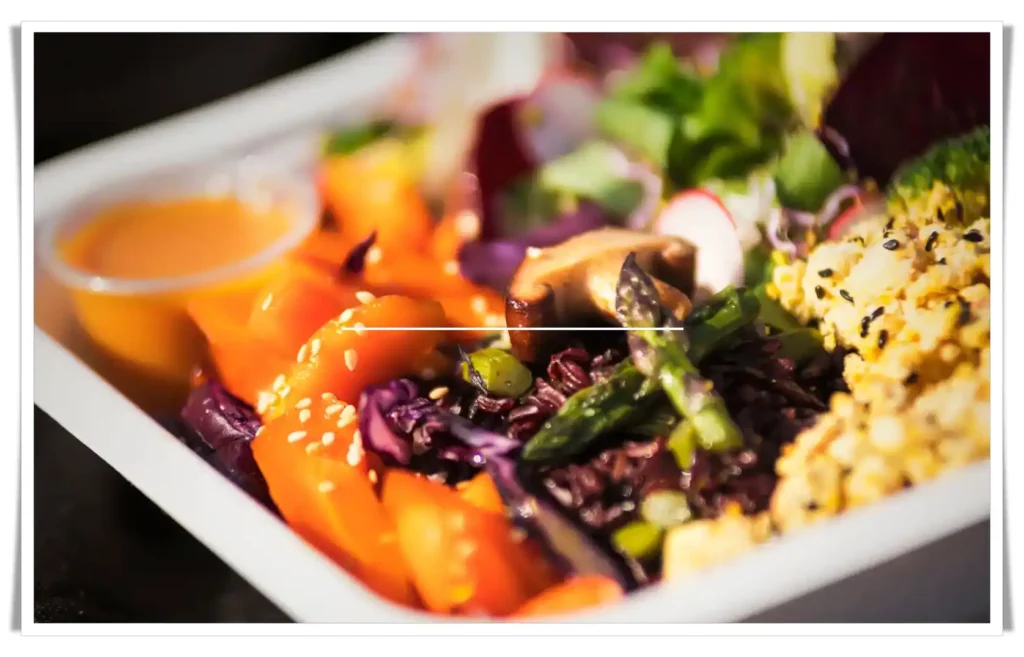
Sugar's Surprising Effect
Read food labels
Reading food labels is an important step in reducing your sugar intake, as it helps you to be aware of the sugar content in the foods you eat. When reading food labels, look for the "total sugars" and "added sugars" sections.
Total sugars include all the sugars naturally present in a food, such as those found in fruits and dairy products, as well as added sugars, which are the sugars that are added during processing and preparation.
Added sugars are often listed on the label under different names, such as corn syrup, high-fructose corn syrup, fructose, glucose, dextrose, and more. So, it's important to be aware of these alternative names when reading food labels.
Sugar's Surprising Effect on Your Body's Immune Response

Sugar's Surprising Effect
When shopping for processed and packaged foods, look for options with lower sugar content, and opt for those with fewer ingredients, as these are often less processed and contain fewer added sugars. Consider choosing products with no added sugars or lower levels of added sugars, or try making your own condiments, such as salad dressings, at home where you can control the sugar content.
Choose whole, unprocessed foods
Choosing whole, unprocessed foods is an effective way to reduce your sugar intake, as these foods are less likely to contain added sugars. Whole foods are foods that are minimally processed and do not contain any artificial ingredients or preservatives.
Sugar's Surprising Effect on Your Body's Immune Response
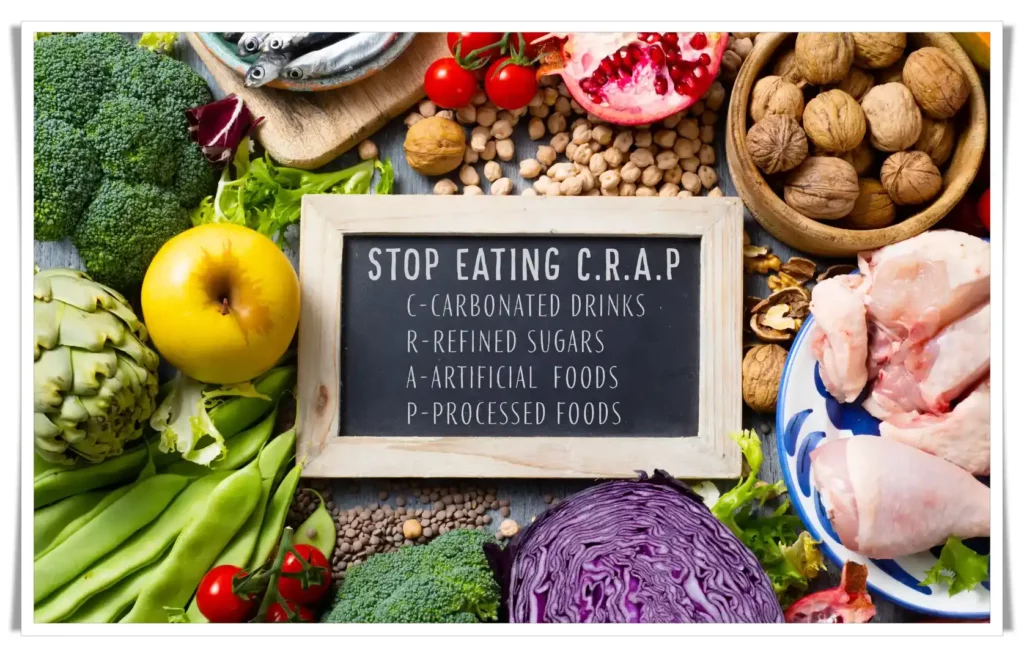
Sugar's Surprising Effect
Examples of whole foods include:
- Fruits: Apples, berries, bananas, and other fresh fruits are naturally sweet and make a healthy snack or dessert.
- Vegetables: Leafy greens, carrots, broccoli, and other vegetables are low in sugar and provide important nutrients like fiber, vitamins, and minerals.
- Whole grains: Brown rice, whole grain bread, and oatmeal are good sources of fiber and complex carbohydrates, which are digested slowly and do not cause spikes in blood sugar levels.
- Lean proteins: Chicken, fish, tofu, and other lean proteins are low in sugar and provide essential nutrients like protein, vitamins, and minerals.
Free eBook: Heal with Fruit & Vegetables
Drink water instead of sugary drinks
Drinking water instead of sugary drinks is an effective way to reduce your sugar intake and improve your overall health. Sugary drinks, like soda and juice, are a major source of added sugars in the diet, and they can contribute significantly to your daily sugar intake.
Water, on the other hand, is a natural and calorie-free alternative to sugary drinks. It helps to hydrate your body, regulate your body temperature, and support many of your body's functions.
Sugar's Surprising Effect on Your Body's Immune Response

Sugar's Surprising Effect
Unsweetened tea and coffee are also good alternatives to sugary drinks. They contain minimal or no sugar and provide antioxidants and other beneficial compounds. You can add a little bit of milk or a sugar substitute, like stevia, to add flavor without adding sugar.
By switching from sugary drinks to water, unsweetened tea, or coffee, you can reduce your sugar intake, improve your hydration, and support your overall health. Keep in mind that it may take some time to get used to the new flavors, but eventually, you'll develop a taste for the healthier options.
Find healthy alternatives
Finding healthy alternatives to added sugars is an important step in reducing your sugar intake and maintaining a balanced and nutritious diet. Alternative sweeteners like stevia and monk fruit can be used as a substitute for added sugars in many recipes and can provide a similar level of sweetness with fewer calories and without raising blood sugar levels.
Stevia is a natural, zero-calorie sweetener made from the leaves of the Stevia rebaudiana plant. It is 200-300 times sweeter than sugar and has no impact on blood sugar levels.
Monk fruit extract is another alternative sweetener that is derived from a small melon native to Southeast Asia. Like stevia, it is a zero-calorie sweetener that does not raise blood sugar levels and is up to 250 times sweeter than sugar.
Sugar's Surprising Effect on Your Body's Immune Response
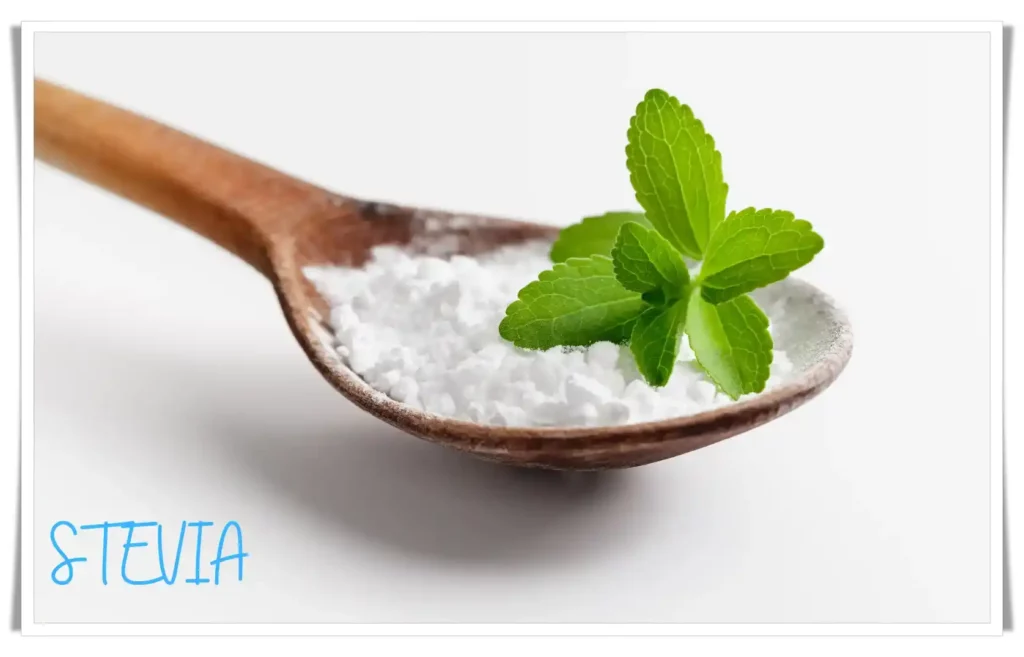
Sugar's Surprising Effect
Using spices like cinnamon or vanilla can also add flavor to your food without adding sugar. Cinnamon has a sweet, warming flavor that can be used to enhance the taste of oatmeal, yogurt, and other foods. Vanilla is a versatile flavor that can be used in baking, smoothies, and other recipes to add a natural sweetness.
Prepare your own meals
Preparing your own meals is an effective way to reduce your sugar intake and maintain control over the ingredients you use, including sugar. When you cook and bake at home, you have the ability to choose the ingredients that go into your food and control the amount of sugar you use. This allows you to create healthier and more balanced meals that meet your specific dietary needs.
By preparing your own meals, you can also save money, reduce your exposure to preservatives and artificial ingredients, and learn new cooking skills. You can try recipes that are lower in sugar or use alternative sweeteners, like stevia or monk fruit, to reduce the amount of sugar in your food.
Sugar's Surprising Effect on Your Body's Immune Response

Sugar's Surprising Effect
Additionally, cooking at home allows you to control portion sizes and make healthier food choices. You can make sure that your meals are balanced with plenty of fruits, vegetables, whole grains, and lean proteins, which are all essential for good health.
Stay mindful and avoid cravings
Staying mindful and avoiding cravings is an important part of reducing your sugar intake and maintaining a healthy diet. Sugar cravings can be triggered by various factors, such as stress, boredom, and lack of sleep. Understanding the triggers that lead to sugar cravings can help you find healthier alternatives to address them.
One way to stay mindful and avoid cravings is to eat regularly throughout the day, making sure to include balanced meals and snacks that include protein, fiber, and healthy fats. This can help to regulate your blood sugar levels and prevent sugar cravings from developing in the first place.
Sugar's Surprising Effect on Your Body's Immune Response

Sugar's Surprising Effect
When cravings do occur, try to identify what is triggering them. If you're feeling stressed, try to find healthy ways to manage stress, such as exercise, meditation, or deep breathing. If you're feeling bored, try to engage in an activity that you enjoy or find a healthy snack that can satisfy your craving for something sweet.
Another way to stay mindful and avoid cravings is to keep healthy snacks on hand. Foods like nuts, seeds, fruits, and veggies are a great option and can help you avoid reaching for sugary snacks when cravings strike.
Be patient and persistent
Changing your eating habits and reducing your sugar intake is a gradual process that takes time and effort. It's important to be patient and persistent with yourself, and not to get discouraged if you slip up occasionally.
It's normal to have setbacks and slip-ups when making any change, especially when it comes to changing your eating habits. It's important to remember that progress is not always linear and that it's okay to have setbacks. The key is to keep trying and to not let setbacks discourage you from reaching your goal.
Sugar's Surprising Effect on Your Body's Immune Response
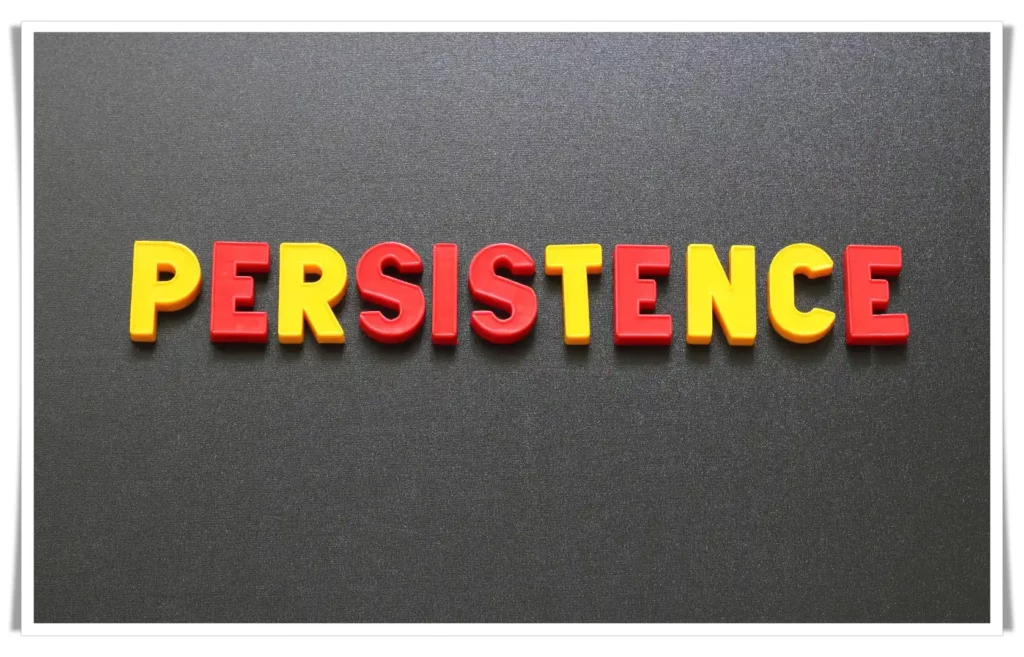
Sugar's Surprising Effect
In order to be patient and persistent, it can be helpful to set realistic goals and to focus on the positive changes that you are making, rather than the setbacks. Keep in mind that reducing your sugar intake is a journey, not a destination, and that it's important to celebrate the small victories along the way.
It can also be helpful to seek support from friends, family, or a health professional. Having a support system can help keep you motivated and on track, and can provide you with encouragement when you need it.
Ultimately, the key to being successful in reducing your sugar intake is to be patient, and persistent, and not give up. With time and effort, you can make positive changes to your diet and reach your goal of reducing your sugar intake.
Conclusion
The conclusion from the study conducted by Loma Linda University is that consuming high amounts of sugar can have a rapid and negative impact on the immune system.
These results highlight the importance of limiting sugar consumption as part of a balanced and healthy diet in order to support a strong immune system. By reducing the amount of sugar in your diet and choosing whole, unprocessed foods, you can help to protect your immune system and maintain optimal health.
If you have questions or want to comment, please leave them below and I will answer as soon as I can. Thank you for reading ''Sugar's Surprising Effect on Your Body's Immune Response''



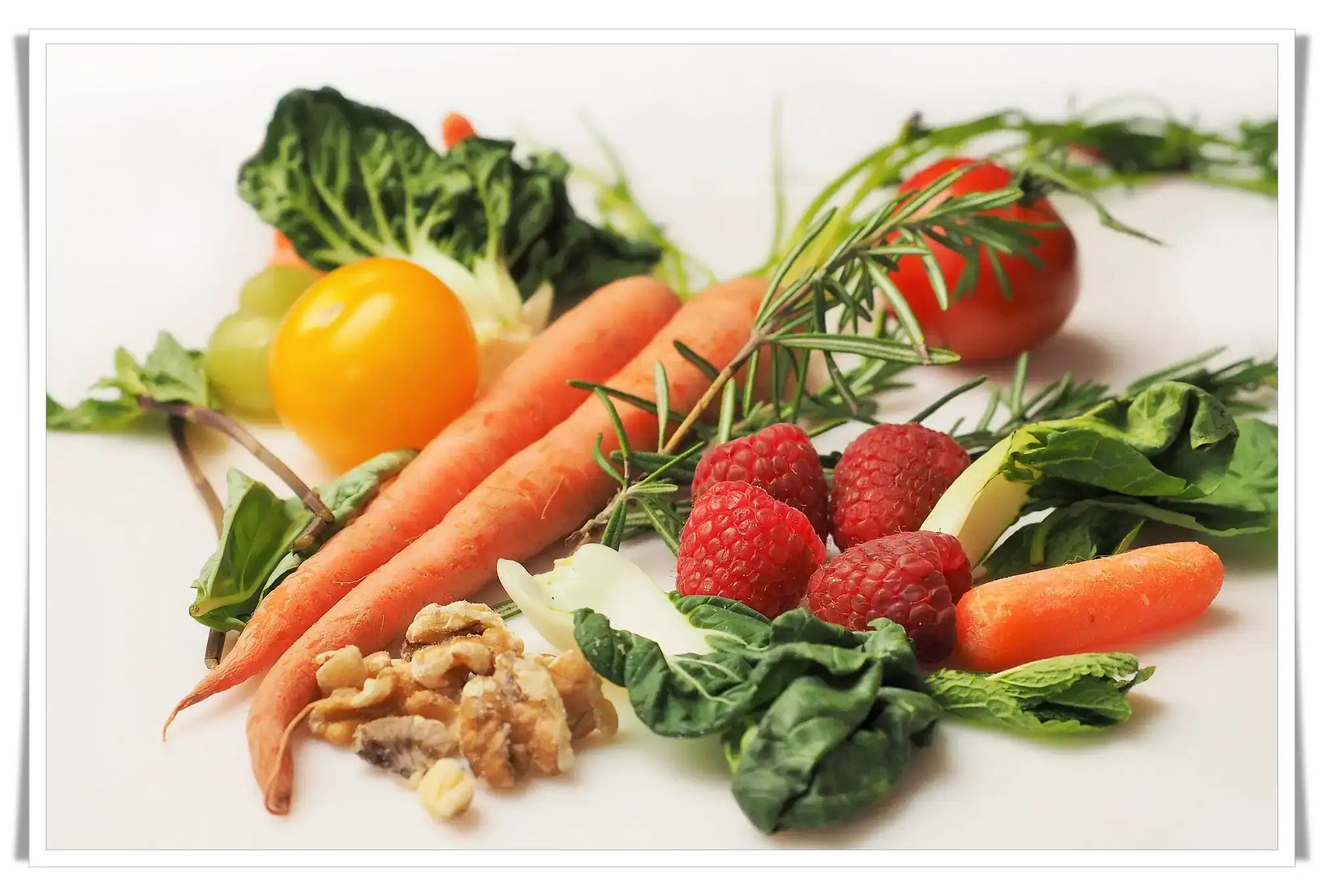

May I have information on the topic of your article?
Thank you for writing this article. I appreciate the subject too.
Please provide me with more details on the topic
Wow, marvelous blog structure! How long have you been running a blog for?
you make blogging look easy. The overall glance of your site is great, let
alone the content material! You can see similar: sklep internetowy and here sklep online
order generic lipitor 20mg buy atorvastatin 20mg online oral atorvastatin 80mg
Pingback: Healthy Habits That Support the Immune System - bc-educate